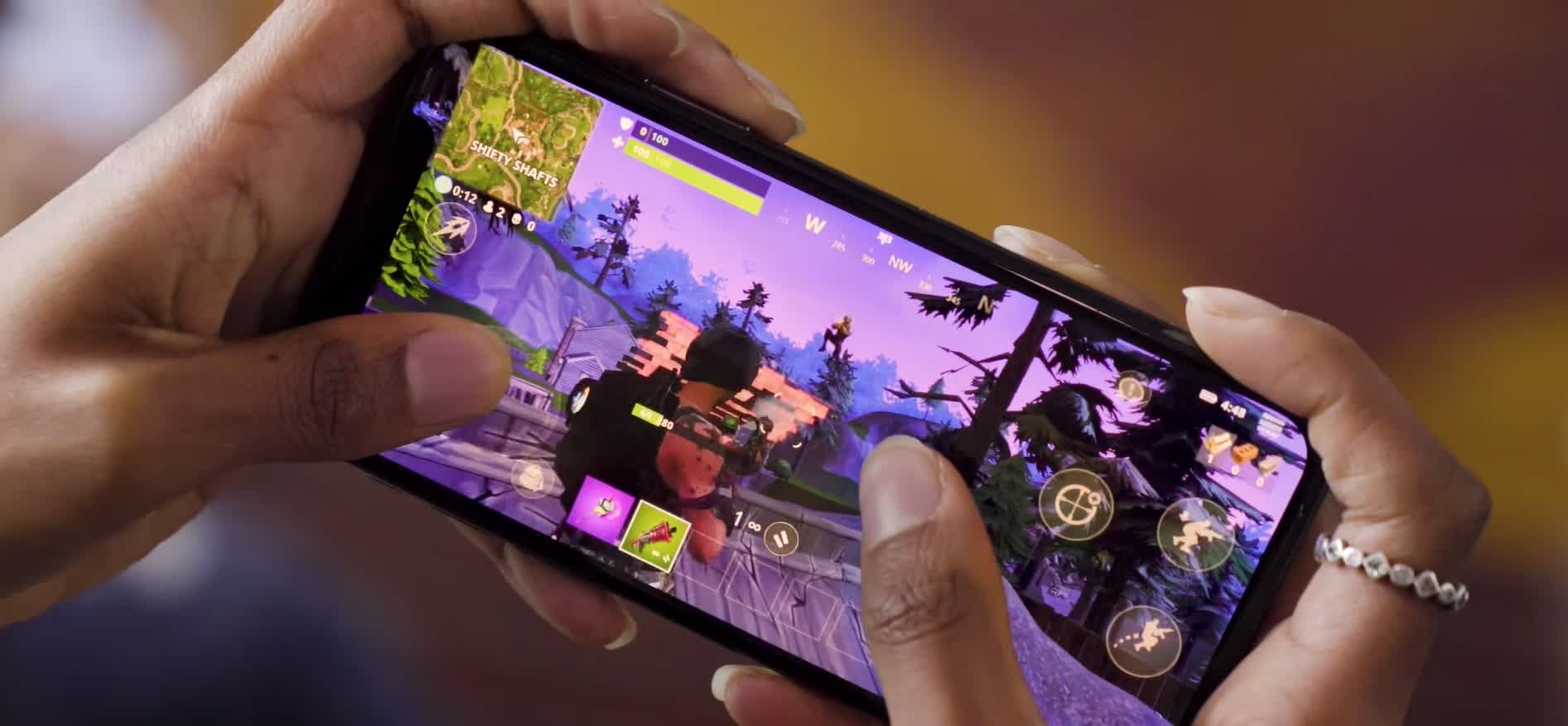What just happened? Testifying in the ongoing antitrust trial against Google, Epic Games CEO Tim Sweeney portrayed the tech giant as a 'crooked' company that uses unethical and often illegal tactics to protect its Play Store payment system. The case centers on Epic's allegation that Google created a monopoly on Android app distribution in violation of US antitrust laws to continue charging sky-high commissions on purchases made through the Play Store.
Google attorney Jonathan Kravis denied that the Play Store payment system is monopolistic, and tried to portray Epic as a greedy company that wants to bypass the established commission system to increase its profits. To avoid paying the Play Store commission, Epic had rolled out the Fortnite Android app through its own website in 2018 as part of a short-lived experiment.
Google wasn't impressed by Epic's decision to not release Fortnite on the Play Store, and offered what Sweeney called a "series of side deals" (including a $147 million offer) as part of a "crooked arrangement" to prevent Epic from competing against the search giant. While Epic rejected Google's offers initially, the disadvantages the game faced outside of the store eventually convinced the company to release it on the Play Store in 2020.

However, the app was soon blocked by both Google and Apple because it included an alternative payment mechanism that would have circumvented the companies' payment systems. Epic then filed antitrust lawsuits against both Apple and Google, terming the payment system monopoly as an "existential" threat to all developers.
Unlike iPhones and iPads, which allow app downloads only from the App Store, Android users can install apps and games from third-party app stores and websites through a process known as 'sideloading.' Epic's decision to offer Fortnite for download from its own site meant that it got to retain the full revenues from the game rather than having to share 15-30 percent of its earnings with Google. However, most Android users prefer to install apps directly from the Play Store, meaning contrary to Epic's expectations, not many people sideloaded the game on their phones.
Interestingly, Apple is also being forced by the European Union to open up its ecosystem and allow iPhone users to download and install apps and games from outside the App Store. The feature will reportedly be rolled out in the EU in the first half of next year.
